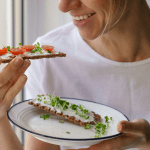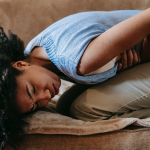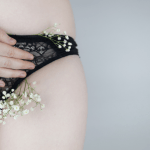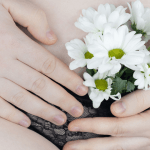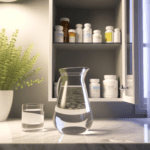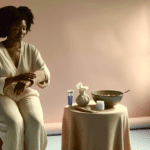Could my moisturizer or lube have caused a yeast infection?
Yes! Vaginal infections, including bacterial vaginosis, yeast, and others occur when the normal balance of good bacteria in the vagina is disrupted and replaced with an overgrowth of harmful bacteria, which can happen because of pH changes in the vagina.

Most lubricants on the market today have pH levels incompatible with women’s bodies. They have chemicals that are hormone disruptors and contain ingredients like, for example, glycerin that actually can dry out and damage the vaginal tissue and feed the yeast. Changes in vaginal pH can also interfere with your fertility.
During reproductive years, our vaginal pH is between 3.5 and 4.5. After menopause, the pH of their vagina rises to about 4.5 and as high as even six. This can create an environment that increases the risk for vaginal infections at that time. The fungus, Candida Albicans, is responsible for most vaginal yeast infections.
Your vagina naturally contains a balanced mix of yeast, including candida and bacteria. Certain bacteria like Lactobacillus act to prevent an overgrowth of yeast, but the delicate balance can easily be disrupted from the products you use.
Also, other bacterial balanced problems can arise from:
– Recent antibiotics of use.
– Changes in hormones. Hormones during pregnancy, menopause, or breastfeeding can change the bacterial balance in your vagina.
– Allergic reaction to a specific ingredient.
– Uncontrolled diabetes: high amounts of the sugar in your body can feed the yeast.
– Sex: you can pass a yeast infection onto your partner during sex and a weak immune system.
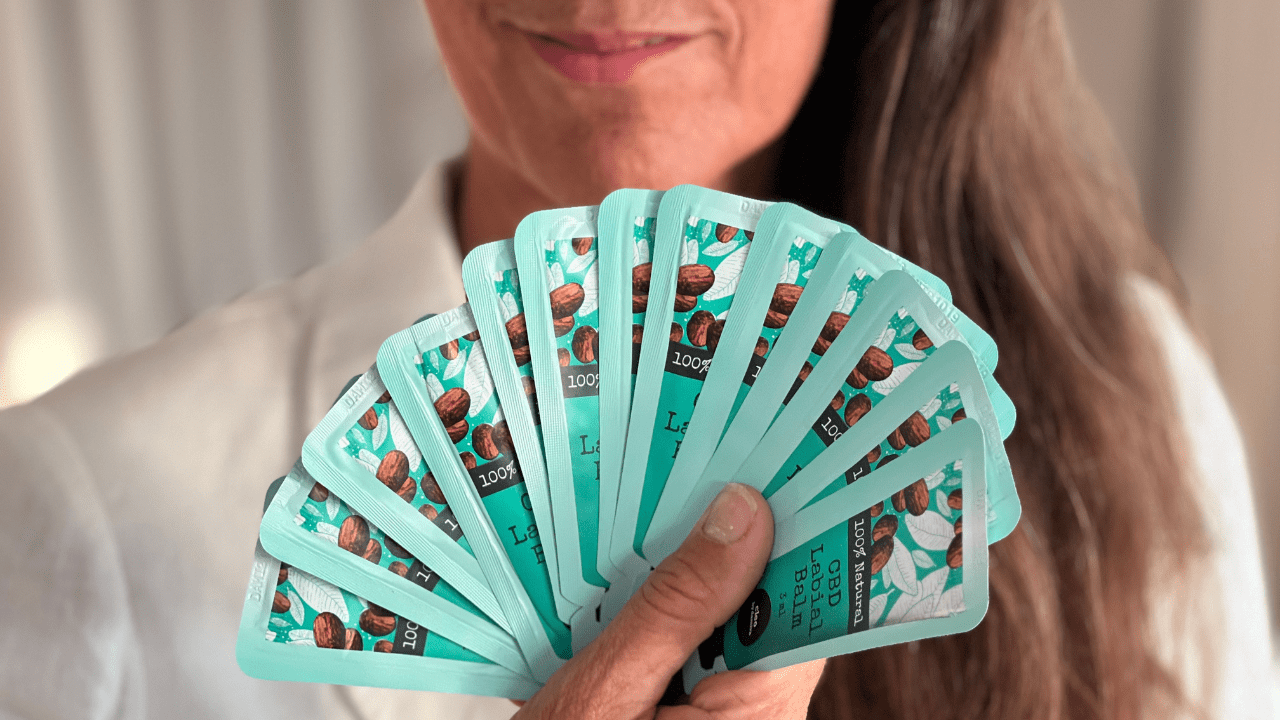
Make sure you use a pH balance product for the pH in your vagina and be aware that not all natural ingredients have appropriate pH for the vagina. A. great example is coconut oil. A lot of people want to use coconut oil because it’s natural, but it is not pH balanced for that part of your body. Also, be aware of using scented sprays, scented toilet paper, tampons and pads, soaps, bubble baths, lotions, laundry detergent, and fabric softeners. The same chemicals that color and scent the products can also cause irritation in your vaginal area, and if your skin is already inflamed, you may get a yeast infection.


